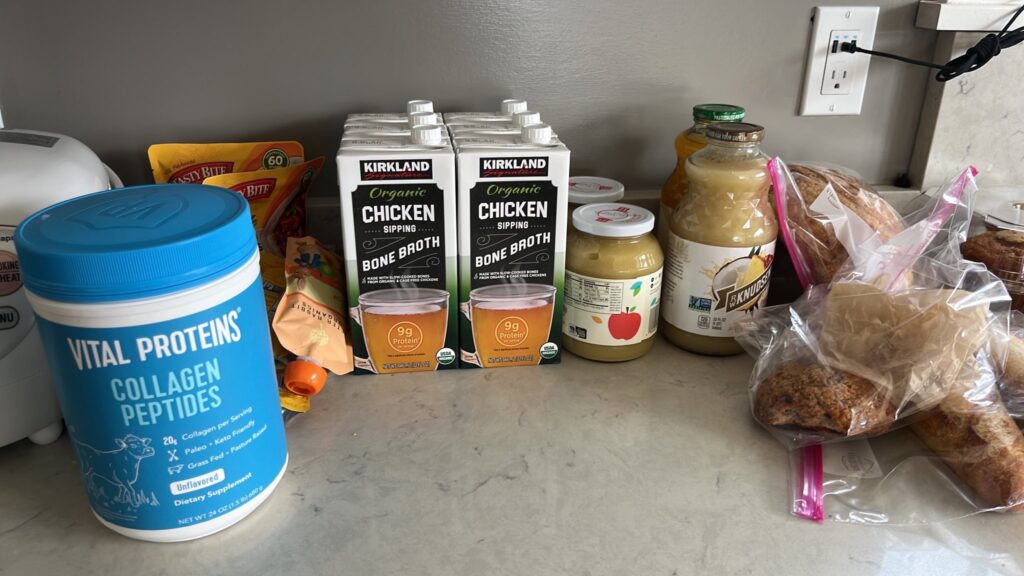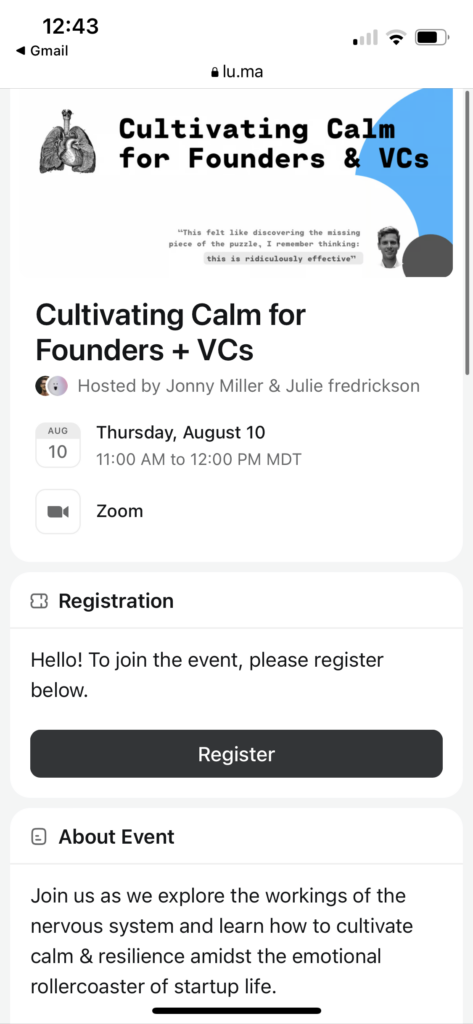If you’ve been following me for a while chances are good that you’ve seen me discuss my biohacking.
I’ve got an autoimmune condition called ankylosing spondylitis. It’s a form of arthritis in the spine. When it flares the inflammation can be so painful that basic tasks like walking or standing can be out of the question. It’s impacted my daily life in strange and sometimes sadly poignant ways.
Now thanks to the wonders of modern biologic injectables like interleukin inhibitors (my lucky number is IL-17h), non steroidal anti-inflammatories, the occasional round of chemotherapy workhorse methotrexate, and the ultimate big boss inflammation killer known as prednisone I lead a pretty normal life.
I am however always looking for new ways to improve my situation. You name a modality of healing and I’ve surely done it.
I’m regularly throwing myself at new pharmaceuticals, new workouts, new devices, and new routines. I track it all obsessively. If you want a 10 day water fast buddy call me.
This kind of thinking means I am prone to optimism and the occasional “one weird cure” line of thinking. The hope that springs eternal is the fantasy what ails can fixed with a gluten free diet (nope) or the du nude Goop wellmania cure which costs $500.
One of my biggest “I’ll be cured” fantasies is that the extra body fat I gained from multiple rounds of steroids and hormone treatments is actually the cause of my health problems and not one of its symptoms.
Notice they I don’t say biggest fears. My biometrics don’t really suggest that adipose tissue is my root issue. Being fat is a core problem for many people but for me it’s a symptom. I don’t want to disclose said biometrics as I fear insurance companies and pharmacies might decide to dig.
In pursuit of a cure for this symptom, I’ve been way ahead of the GLP-1 agonists like semaglutide. My Novo Nordisk and Eli Lily stockholdings are up 100%. I had success on Ozempic but went off it as the side effects got to be too much for me after nine months when I reached a healthy body weight.
But I recently I paid out of pocket to try Mounjaro as I’ve not happy with where I am currently at for excess adipose tissue. It’s supposed to be less brutal on the stomach. It’s got a duel mechanism as a GLP-1 and GIP receptor have lead to excellent clinical trial results.
I’d say about three weeks in those results for me are not forthcoming. I’ve been in a perpetual state of low grade anxiety that seems to be from hypoglycemia. I’ve been sluggish, cranky, moody and my mind unfocused and hazy.
As it turns out the glucose-dependent insulinotropic polypeptide receptor (GIP receptor) primarily affects the body’s physiological response to food intake and blood sugar regulation. So I’ve got low blood sugar.
Luckily throwing fruit at the problem helps the symptoms. I have not lost so much as an ounce though. I think I’d rather go back to Ozempic which at least took weight off. I’d rather have a fucked up stomach than a fucked up mind. Maybe other people need to eat less sugar. I guess I don’t have that problem.


